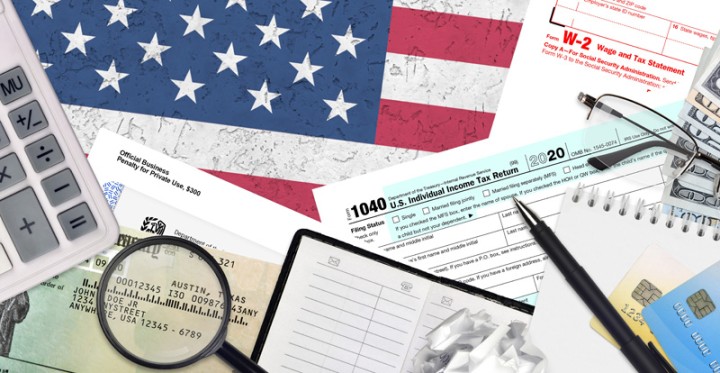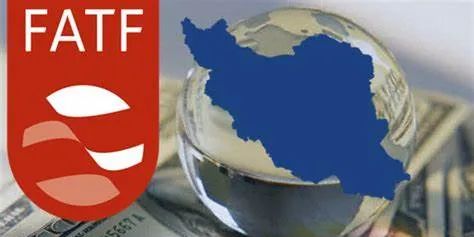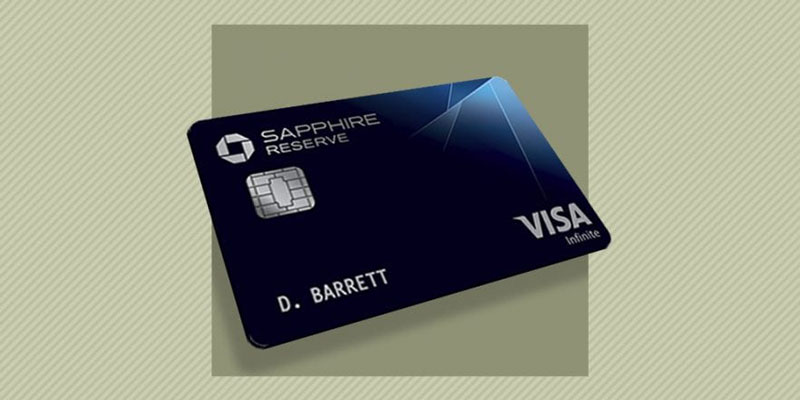This is because some kinds of income are subject to tax entirely while others are exempt from tax. Find out all you need to know about Veterans Affairs (VA) benefits and the taxation of those benefits in this article.
Veterans Benefits
Cash payments and price reductions are the two primary forms of VA benefits that individuals may be qualified to receive. Cash are va survivor benefits taxable are payments made to you every month by the government in recognition of retirement or impairments sustained due to your time served in the military. You can potentially be eligible for disability compensation from the Social Security administration if your incapacity is persistent and severe. In addition, veterans are eligible for reductions in the cost of mortgages, preparing their income taxes, purchasing goods from the commissary, financial counselling and educational benefits under the GI Bill.
Taxable Veteran Benefits
Retirement pay, some disability payments, and unemployment compensation for former members of the armed forces are the three primary types of veterans who are va benefits taxable irs that are subject to taxation (UCX).

Retirement Pay
After a minimum of 20 years of service to their country, retired personnel of the United States armed forces are normally qualified to earn a military pension. There are two separate pension schemes for retirees, both of which are subject to taxation as pensions.
High-3 system with a legacy:
Your salary is a 2.5% increase over the 36 months with the highest basic pay.
Blended Retirement Pay:
On either Form 1040 or Form, 1040-SR, lines 5a and 5b are where you should put your pension payments for the year. If you spend any portion of your pension to purchase a survivor annuity for your spouse or children, you won't have to worry about paying taxes to the federal government on that money. Veterans are subject to taxation on federal and state levels since twenty states and the District of Columbia completely or partly tax the retirement compensation they receive from the military.
Disabled Veteran Benefits
Taxes must be paid by veterans who receive lump-sum severance payments owing to a medical disability. These payments are subject to taxation. However, if you get that payment because of injuries sustained in battle or if the VA advises you that the payment is not taxable, you do not have to pay taxes. Your W-2 will reflect any taxable severance compensation you received, and your employer must withhold state and federal taxes from these payments.
Compensation For Joblessness Offered To Former
Those who have served in the armed forces but have since left may find it challenging to get employment as they readjust to civilian society. Veterans may get unemployment compensation for UCX from the military, which is handled state-by-state. This is done to assist veterans in making it through this difficult time. This income from unemployment is subject to taxation. This income will result in issuing a Form 1099-G, which you must record on Schedule 1 when you file your taxes.
Nontaxable Veterans Benefits
Most veteran benefits do not have to be paid taxes on. Among the advantages that are tax exempt are:
- Certain disability compensation
- Disability pension
- For example, there are advantages of academic or occupational instruction (such as the Post-9/11 GI Bill).
- Housing subsidies for houses that are accessible for people who use wheelchairs (Specially Adapted Housing [SAH] grants may qualify)
- insurance for groups on a term basis
- The programme is referred to as Compensated Work Therapy (CWT).
Additional Potential Tax Advantages
Several states provide veterans with disabilities special tax incentives. For instance, California exempts veterans from paying property taxes provided they have a disability rating of one hundred per cent and fall under specified income and home-appraisal restrictions. The VA maintains a list of state-level veterans benefits websites, which may be accessed by veterans with disabilities looking for additional state-level benefits. If you need assistance, consulting with a skilled tax expert who specialises in preparing tax returns for members of the armed forces and veterans may be of tremendous benefit.

You may get free assistance by using Service OneSource, a comprehensive website that includes information regarding free tax filing for military personnel via MilTax and contact information for MilTax experts. Additionally, the Volunteer Income Tax Assistance (VITA) programme of the Internal Revenue Service offers free assistance to veterans.



